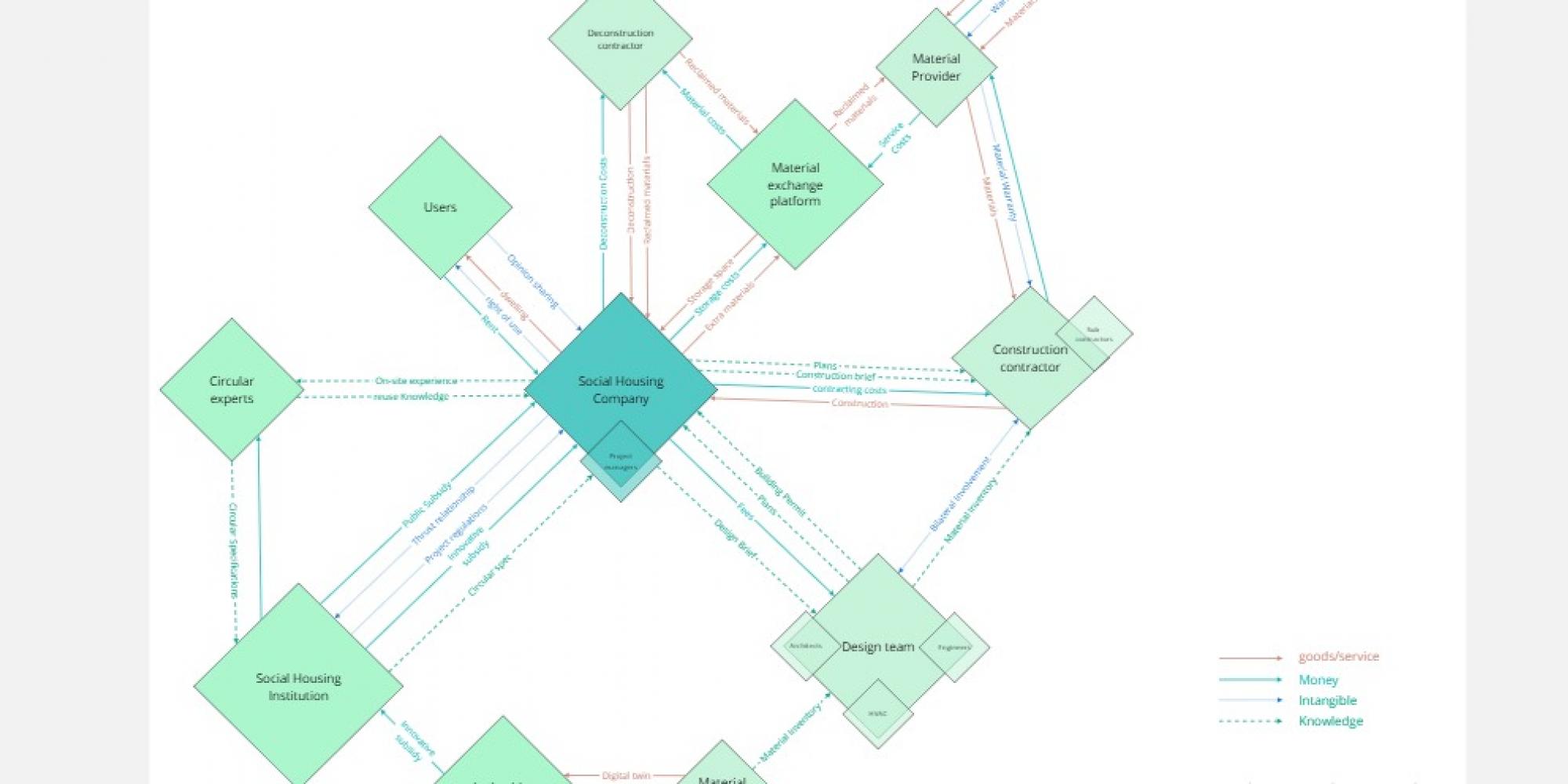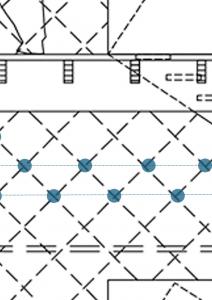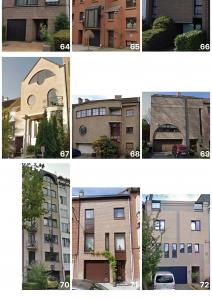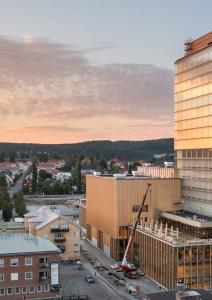Towards Affordable Reusing Practices
Social Housing Cases

Can reuse practices become a financial opportunity in the Flemish coastal area ?
Flanders suffers from a massive social housing shortage. New housing is lacking, and old housing needs to be renovated. Therefore, affordable design strategies are needed to provide sufficient housing to the native coastal population. Theoretically, circular construction is considered an affordable solution.
This thesis aims to assess the cost-effectiveness of reuse practices for social housing in Flanders and Brussels. Particular attention is paid to Ostend in understanding local challenges. First, a review of the literature on material reuse is conducted. The review is completed with articles on existing European circular social housing research. In the second step, five Brussels and Flemish social housing cases involving material reuse are selected for deeper study. The methodology consists of interviews with architects and project coordinators. According to them, public loans and uncertainty about material reclamation represent the main obstacles to affordable reuse. On the contrary, the current governmental subsidies and the early help from circular experts and reclamation dealers can be opportunities. The feedback from Ostend does not differ from that of other regions, except that the material storage requires specific attention. An ideal value network summarises the interviews’ knowledge by mapping social housing actors’ interactions. In this map, a digital material bank and a material exchange platform could be added to close interaction loops. The ideal network is intended for network actors and authorities to understand the value exchange goals in reuse for social housing framework.
The last section lists recommendations gathered from interviews and ranks according to their occurrence. Most recurrent recommendations are then matched with innovations in the literature. These innovations are assessed on their economic and legal feasibility in a survey sent to social housing agencies. According to this survey, the target cost contract is the most affordable and safest approach to involve contractors earlier in the process. The most feasible option to store reclaimed materials is for the social housing company to own a storage space. Lastly, help from a reclamation dealer seems to be the most welcome to dispense material inventory. The survey results can be used as a trigger for further research on integrating innovations.
- Academic year
- 2024-2025
- Date of defense
- 21 June 2024
- Theme
- sustainable architecture
- Director 1
- Waldo Galle (VUB)
- Director 2
- Niels De Temmerman (VUB)






